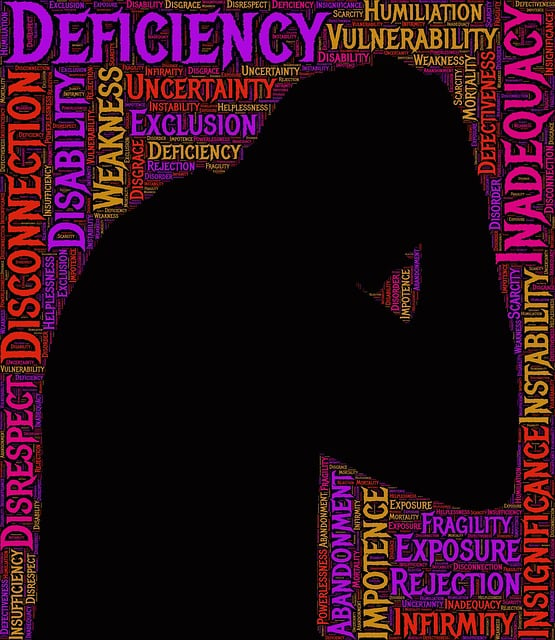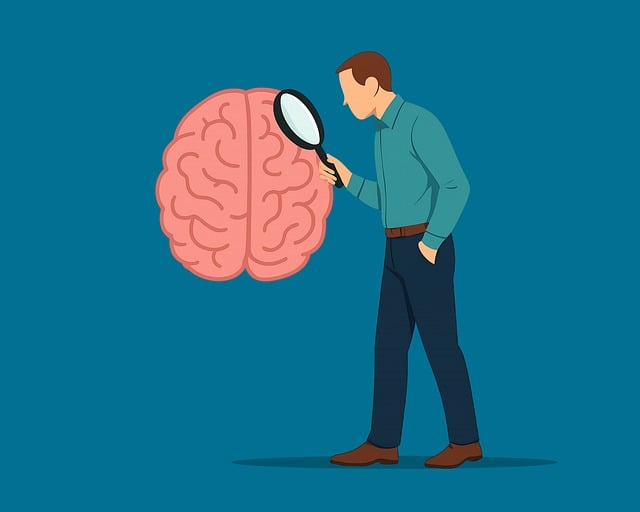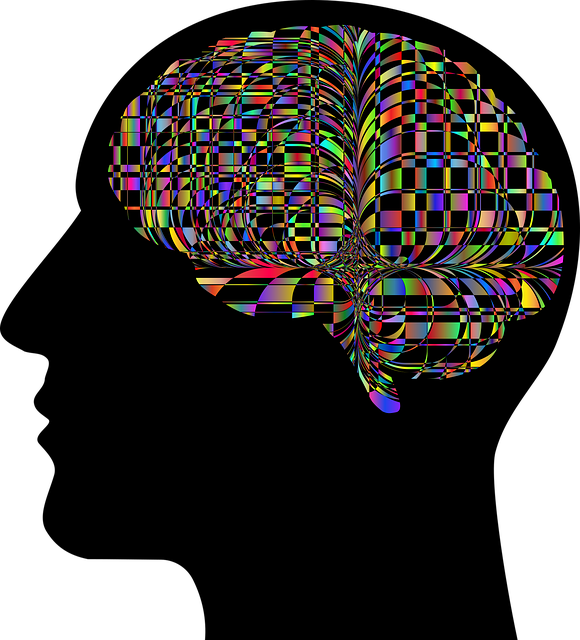Lone Tree Online Therapy leverages both quantitative and qualitative methods to assess its impact. Quantitative data, like attendance rates and psychological assessment changes, provides program effectiveness metrics on a large scale. Qualitative techniques, including interviews and surveys, offer deeper insights into client experiences with specific activities, such as Self-Awareness Exercises and Confidence Boosting initiatives. Client feedback from the Mental Wellness Podcast Series further enriches understanding of audience preferences for content types, demonstrating the program's overall influence on mental wellness. Through collecting both qualitative and quantitative data, therapists gain valuable insights to refine existing programs like Social Skills Training and Stress Reduction Methods, as well as develop new initiatives tailored to evolving client needs.
Mental wellness program evaluations are essential for assessing the effectiveness of interventions. This article explores robust evaluation methods, focusing on quantifying and qualifying impacts. We delve into how client feedback through satisfaction surveys uncovers critical insights, enhancing program improvements. Furthermore, we discuss tracking progress by measuring outcomes, enabling strategists to adjust approaches dynamically. For those seeking online therapy solutions, understanding these evaluation techniques is crucial, as they ensure Lone Tree Online Therapy’s programs remain optimal and aligned with client needs.
- Assessing Program Impact: Quantitative and Qualitative Methods
- Client Feedback and Satisfaction Surveys: Unlocking Insights
- Tracking Progress: Measuring Outcomes and Adjusting Strategies
Assessing Program Impact: Quantitative and Qualitative Methods

Evaluating the impact of a mental wellness program is a multifaceted process that combines both quantitative and qualitative methods. Quantitative assessments involve numerical data and statistical analysis, offering a clear picture of the program’s reach and effectiveness on a large scale. This could include tracking participant attendance rates, measuring changes in scores on standardized psychological assessments, or analyzing trends in client demographics over time. For instance, Lone Tree Online Therapy can gauge the success of its services by comparing pre-and post-program surveys that track symptoms of anxiety, depression, or stress.
Qualitative methods, on the other hand, delve deeper into participants’ experiences and perceptions, providing rich insights that quantitative data may miss. This involves techniques like interviews, focus groups, and open-ended survey questions. By asking individuals about their personal journeys, challenges faced, and perceived benefits of the program—such as the effectiveness of Self-Awareness Exercises or Confidence Boosting activities—therapists and evaluators can understand the deeper impact on mental wellness. Moreover, analyzing feedback from Mental Wellness Podcast Series production can offer valuable perspectives on how different content resonates with listeners, fostering a more comprehensive understanding of the program’s overall influence.
Client Feedback and Satisfaction Surveys: Unlocking Insights

Client Feedback and Satisfaction Surveys are powerful tools for evaluating mental wellness programs offered by Lone Tree Online Therapy. These surveys provide a direct line to understanding client experiences, needs, and areas for improvement. By collecting qualitative and quantitative data, therapists can gain valuable insights into the effectiveness of various interventions, including Social Skills Training and Stress Reduction Methods.
The feedback collected through these surveys not only helps in refining existing programs but also guides the development of new initiatives. For instance, a Mental Wellness Podcast Series Production might be enhanced based on client suggestions or identified as particularly beneficial. This iterative process ensures that the services provided by Lone Tree Online Therapy remain relevant and impactful, catering to the evolving needs of its clients.
Tracking Progress: Measuring Outcomes and Adjusting Strategies

Tracking progress is a vital aspect of evaluating any mental wellness program, and it’s where Lone Tree Online Therapy truly shines. By implementing robust measurement tools, therapists can assess the outcomes and effectiveness of their interventions with clients. This involves regularly collecting data on various parameters, such as symptoms, client satisfaction, and behavioral changes. For instance, progress notes, client self-reports, and standardized assessment tools can provide quantifiable data, allowing for a clear understanding of each individual’s journey towards mental well-being.
Through this data analysis, therapists gain valuable insights to adjust their strategies accordingly. They can identify what works best for different clients and tailor their approaches, ensuring that the program remains effective and responsive to diverse needs. This iterative process promotes continuous improvement, not only in the therapy sessions but also in the overall design of Lone Tree Online Therapy’s offerings, incorporating elements like Healthcare Provider Cultural Competency Training, Self-Awareness Exercises, and Compassion Cultivation Practices to enhance the holistic wellness experience.
Evaluating a mental wellness program is crucial for ensuring its effectiveness, much like how Lone Tree Online Therapy leverages both quantitative and qualitative methods to assess impact. By combining data-driven insights from tracking outcomes with client feedback through satisfaction surveys, programs can make informed adjustments. This iterative approach, as demonstrated by top online therapy services, allows for continuous improvement, ultimately enhancing the overall health and well-being of participants.











